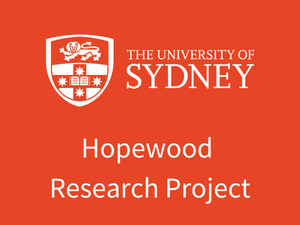5 more benefits of mindfulness meditation

Here are five more scientifically proven benefits of mindfulness meditation:
- Increased flexible thinking. Cognitive flexibility is the capacity of our mind to adapt quickly and successfully to new and unanticipated environmental conditions. Practising mindfulness meditation, reduces our emotional reactivity, but also increases our flexibility about the situation by disengaging the automatic previous learning and enabling new thinking in fresh ways.
- Enhancement of working memory. Working memory is similar to the computer’s RAM memory and allows the brain to temporarily store and manage new information, while carrying out complex thinking tasks, such as learning, reasoning, and comprehension. Improvements to working memory appear to be another benefit of mindfulness meditation.
- Improved relationship satisfaction. Relationship satisfaction is the capacity to adapt well to relationship stress and the ability to share our thoughts and communicate our emotions with our partner, relatives, and friends. Mindfulness meditation can improve our capacity to express our feelings freely and in a more authentic manner. Practicing it on a regular basis seems to enhance a couples’ level of relationship satisfaction, closeness, acceptance of one another, and autonomy, while reducing relationship distress and conflict. This leads to deeper and more meaningful relationships with our family members and friends.
- Increased empathy and compassion. Empathy can be defined as the ‘selfless’ ability to understand another person’s thoughts and feelings and behave more compassionately. Several scientific studies suggest that mindfulness meditation promotes our capacity for empathic understanding by enhancing unconditional, positive emotional states of warm-heartedness and compassion. Neuroimaging studies suggest that meditation can increase activation of certain brain areas that control emotional processing and empathy.
- Improved quality of life. Mindful people tend to have greater intuition and self-insight, functions that improve well-being and quality of life. In a clinical study of primary care physicians, an abbreviated mindfulness-training course improved job satisfaction, quality of life, and well-being, while reducing stress, attrition and the risk of job burnout.
PROFESSOR LUIGI FONTANA, MD PhD FRACP
Scientific Director, Charles Perkins Centre RPA Clinic and Healthy Longevity Program, University of Sydney; Author of the Path to Longevity (Hardie Grant, 2020); Youtube channel: https://youtube.com/c/lfontana1969



